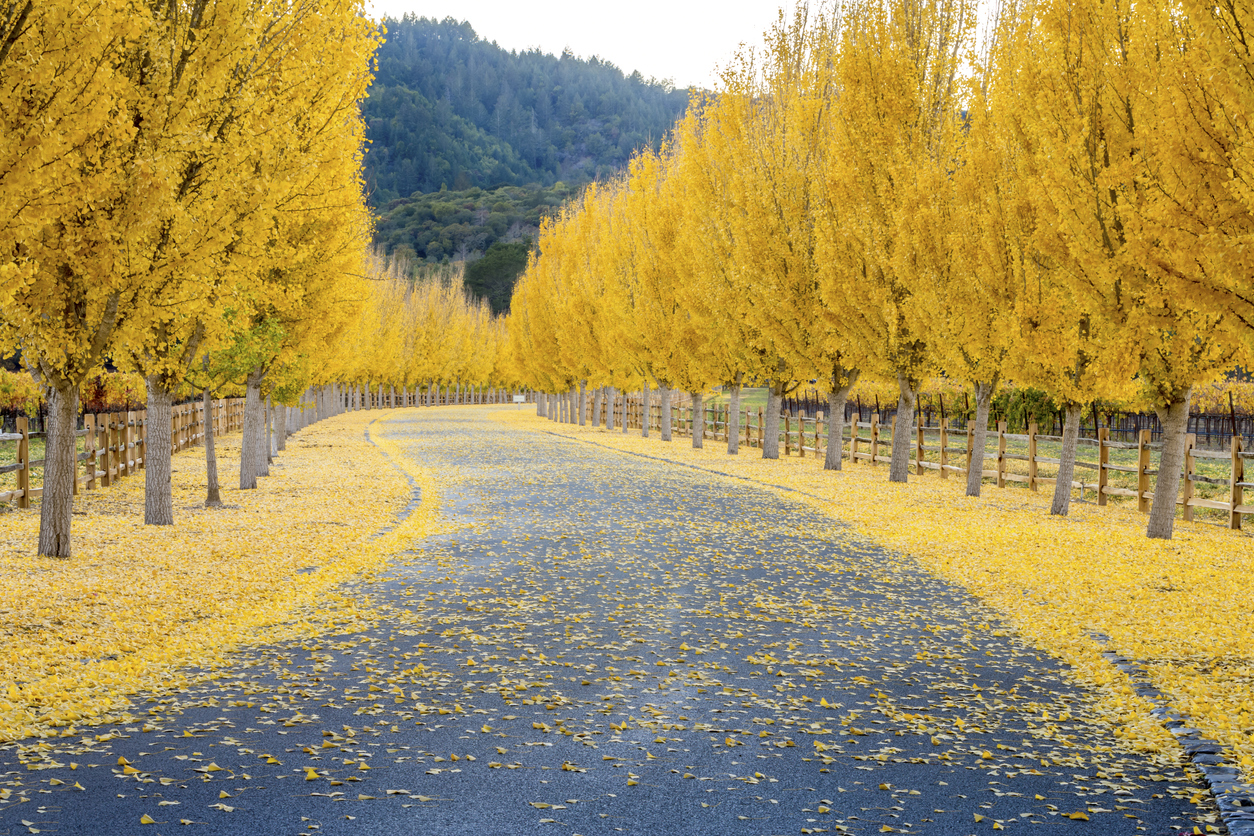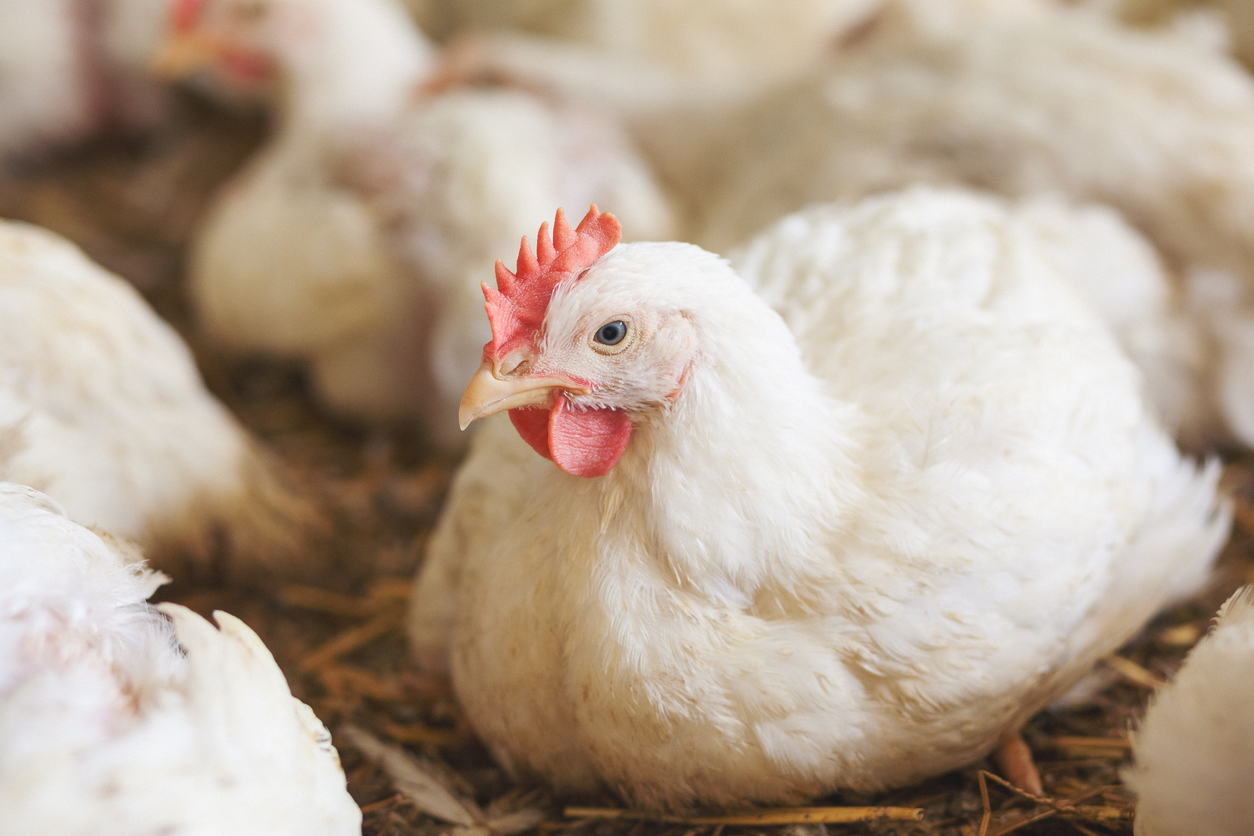Defra develops new guidance and support for UK farmers amid fertiliser price inflation

The Department for Environment, Food and Rural Affairs (Defra) has created new guidance for fertiliser usage and support schemes for farmers in the UK, as price increases cut farm profits and productivity.
To support farmers, slurry storage grants will be made available in autumn later this year. These funds will help farmers meet the current Farming Rules for Water, and limit their use of artificial fertilisers by storing organic nutrients until they are needed.
Other aid includes the Sustainable Farming Incentive which will help farmers develop soil fertility and health, and prevent soil erosion. The scheme will cover costs of sowing nitrogen-fixing plants and green manures in crops, allowing farmers to limit use of manufactured fertilisers. The new scheme will operate from June 2022.
The money will also help farmers pay towards the building of covered slurry stores, which will give them six months storage capacity.
On top of financial support, Defra has also introduced new guidance, which calls farmers to curb their use of slurry at certain points in the year to limit the risk of diffuse agricultural pollution, wherein soil, air or water is contaminated by farming activities.
For sandy or shallow soil, the application of RAN (ruminal ammonia-nitrogen) organic manure, is limited from 1 September until the end of February for grassland, and 1 August until the end of February for tillage. For other soils, limitations apply from 15 October to the end of February for grassland, and 1 October to the end of February for tillage.
Changes are also coming with regards to the use of urea fertiliser following Defra’s consultation on reducing ammonia emissions.
As a result of the enquiry, an industry-wide farm assurance scheme will be launched in 2023 – a year later than originally planned. Additionally, two separate schemes – the Red Tractor Farm Assurance and Fertiliser Advisers Certification and Training Scheme (FACTS) – will help farmers reduce their agricultural ammonia emissions.
From now on, the new standards require Red Tractor scheme members to restrict their use of untreated urea between 15 January and the end of March each year, as well as apply treated urea in a manner that stays in line with advice from FACTS trained advisers. If levels of ammonia are not reduced enough, further regulations could come into effect.
This news comes after the release of a report from the Nature Friendly Farming Network last month, which claimed the Red Tractor Assurance scheme was failing to help farmers reduce their usage of harmful pesticides.
The ongoing inflation of fertiliser prices are due to limited gas and ammonium nitrate supplies, one of many negative impacts on the food industry coming as a result of the ongoing Russia-Ukraine conflict.








